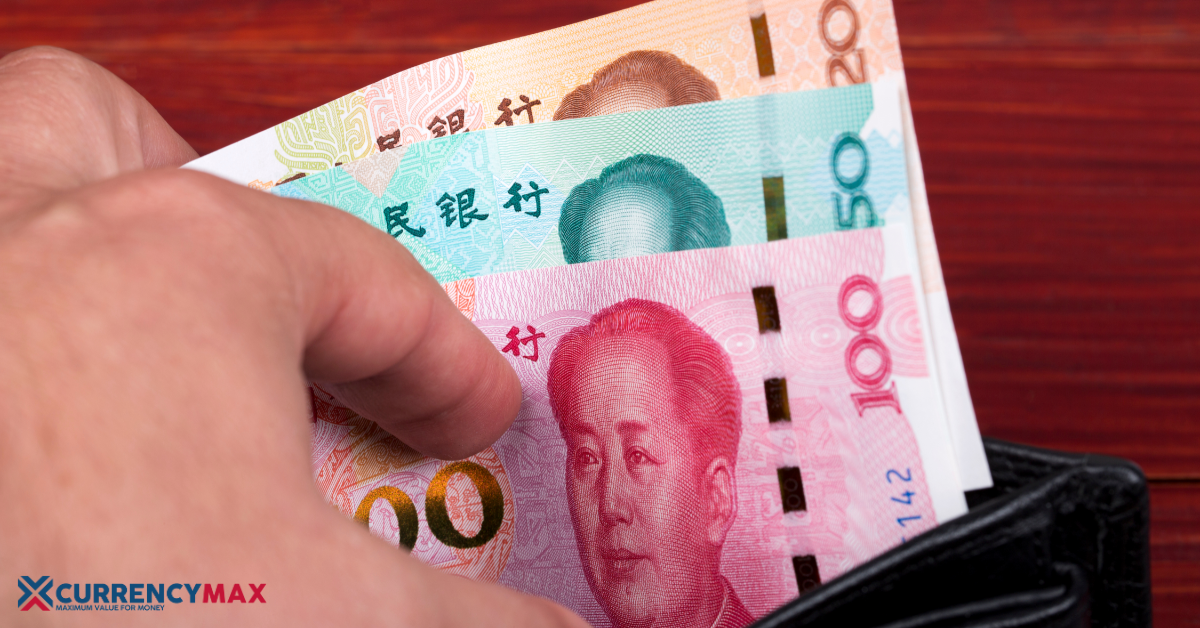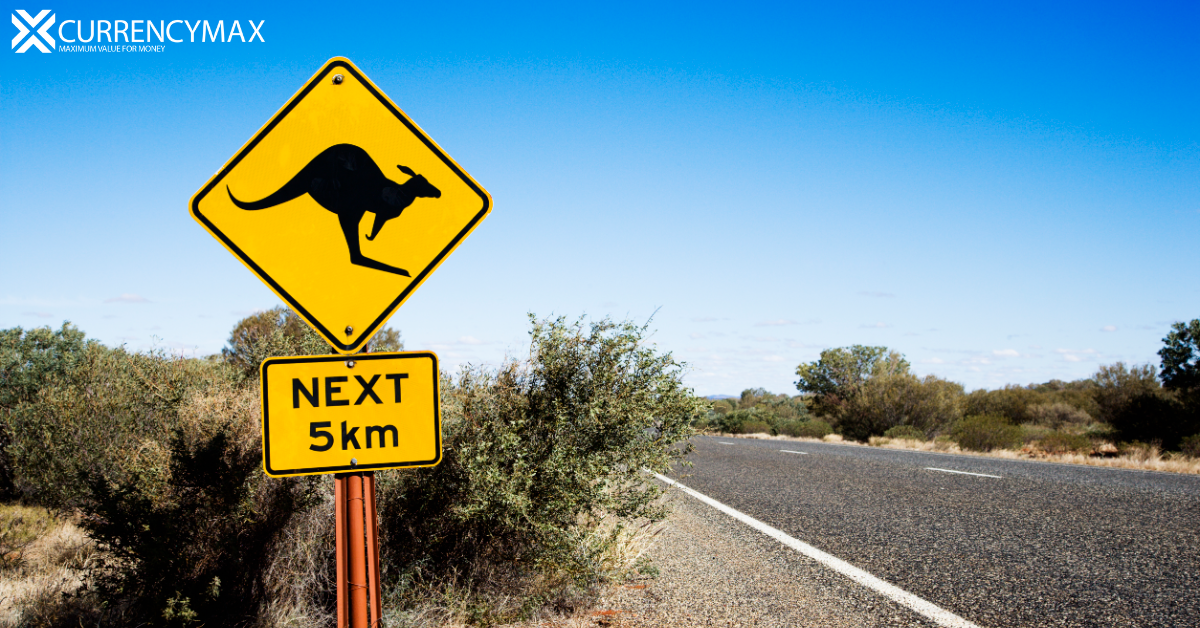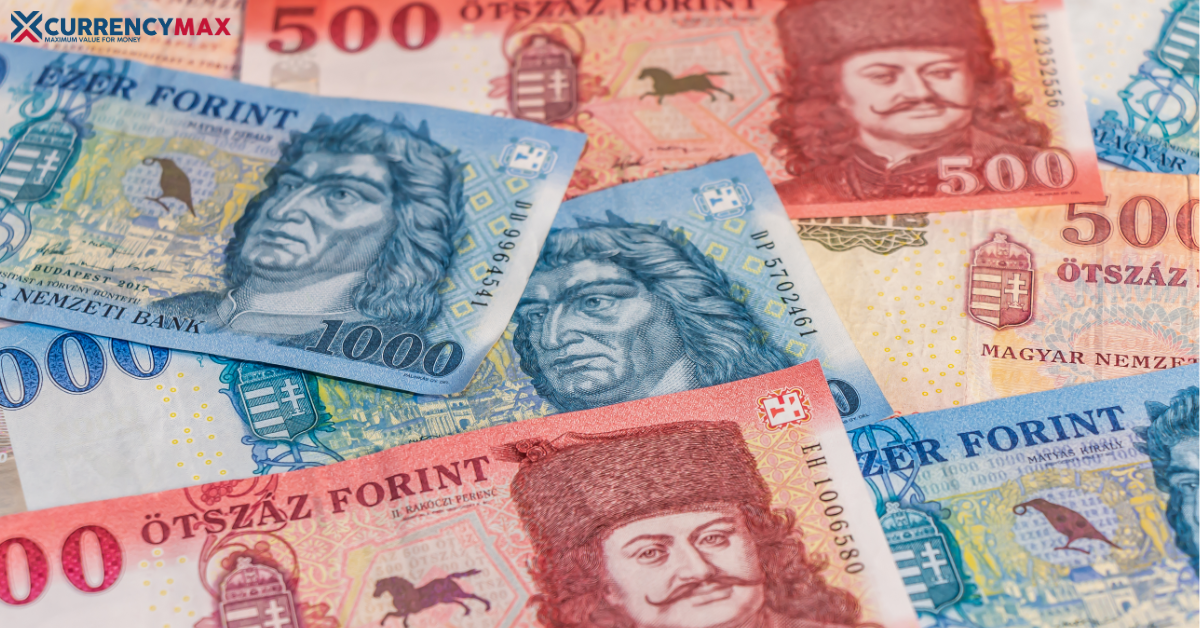Traveling to China can be an exhilarating experience, with its rich history, vibrant culture, and breathtaking landscapes. As a UK tourist, understanding the local currency, the Chinese Yuan (CNY), is crucial for a smooth and enjoyable trip. This comprehensive guide will provide you with everything you need to know about the Chinese Yuan, from its denominations and exchange rates to practical tips for using and handling the currency while traveling in China.
Understanding the Chinese Yuan
The Chinese Yuan, often abbreviated as CNY or referred to as Renminbi (RMB), is the official currency of the People’s Republic of China. The symbol for the Yuan is ¥. The currency is issued by the People’s Bank of China and is used throughout the mainland.
Denominations of the Chinese Yuan
The Yuan is available in both coins and banknotes. Familiarising yourself with these denominations will help you handle transactions with ease.
Banknotes
The Chinese Yuan banknotes come in the following denominations:
- ¥1
- ¥5
- ¥10
- ¥20
- ¥50
- ¥100
Each banknote features a portrait of Mao Zedong on the front and various cultural and historical landmarks on the reverse. The banknotes are also equipped with security features, such as watermarks and security threads, to prevent counterfeiting.
Coins
The coins are available in smaller denominations:
- 1 Jiao (0.1 Yuan)
- 5 Jiao (0.5 Yuan)
- 1 Yuan
Coins are typically used for smaller transactions and can be handy for making change in markets and smaller shops.
How to Get the Best Exchange Rates for Chinese Yuan
When traveling to China, getting the best exchange rate for your money is essential. Here are some tips to help you maximise your currency exchange:
Exchange Currency Before You Travel
One of the most convenient ways to get Chinese Yuan is to exchange your money before you leave the UK. Many banks and currency exchange services offer competitive rates, and you can often order currency online for home delivery or pick up at a local branch.
Use ATMs in China
Using ATMs in China can be a convenient way to access local currency. Most major cities have numerous ATMs that accept international cards. Look for machines displaying logos of international networks such as Visa, MasterCard, or Cirrus. Keep in mind that your home bank may charge foreign transaction fees, so it’s a good idea to check these fees beforehand.
Avoid Airport and Hotel Exchanges
While exchanging money at airports and hotels is convenient, these places often offer less favorable exchange rates and higher fees. It’s best to exchange a small amount for immediate expenses and then find a bank or official exchange service for larger amounts.
Monitor Exchange Rates
Exchange rates fluctuate regularly, so it’s beneficial to keep an eye on them before and during your trip. Online tools and apps can help you track exchange rates and find the best time to convert your money.
Spotting Counterfeit Money
Counterfeit money can be a concern when traveling in China. Here are some tips to help you identify fake banknotes and ensure you are only using legitimate currency:
Check the Watermark
Hold the banknote up to the light and look for a watermark of Mao Zedong’s portrait. This should be clear and visible on all authentic banknotes.
Feel the Texture
Genuine Chinese Yuan banknotes have a distinct texture due to the high-quality paper and printing techniques used. If a note feels too smooth or too stiff, it may be counterfeit.
Inspect the Security Features
Modern banknotes include various security features such as security threads, color-shifting ink, and raised printing. Familiarise yourself with these features on different denominations to spot any discrepancies.
Use UV Light
Some counterfeit detection pens and UV lights can help verify the authenticity of banknotes. While this may not be practical for everyday use, it’s a useful tool if you have concerns about the money you receive.
Practical Tips for Handling Chinese Yuan
Knowing how to use and handle Chinese Yuan effectively can make your trip more enjoyable and stress-free. Here are some practical tips:
Cash is King
While major cities like Beijing and Shanghai are increasingly cashless, with widespread use of mobile payments, cash remains essential, especially in rural areas and for smaller transactions. Always carry some cash for taxis, street vendors, and small shops that may not accept cards or mobile payments.
Use Mobile Payments
Mobile payment platforms like Alipay and WeChat Pay are ubiquitous in China. Setting up these apps can be convenient, especially in urban areas. Some services now allow foreign tourists to link their international credit cards to these platforms. Check if this option is available and set it up before your trip.
Keep Small Denominations Handy
Having small denominations of Yuan is helpful for paying exact amounts and avoiding the need for change. This is particularly useful when shopping at local markets or paying for street food.
Secure Your Money
China is generally safe, but it’s always wise to take precautions. Use a money belt or a secure wallet to keep your cash and cards safe. Avoid flashing large amounts of money in public and be cautious in crowded areas.
Know the Exchange Rate
Familiarise yourself with the current exchange rate between the British Pound (GBP) and the Chinese Yuan (CNY). Having a rough idea of the value of the Yuan in pounds will help you make informed spending decisions.
Cultural Etiquette and Financial Transactions
Understanding cultural norms and etiquette related to financial transactions can enhance your travel experience in China.
Tipping Practices
Tipping is not customary in China and can even be considered impolite in some situations. However, in high-end hotels and restaurants in major cities, service charges may be included in the bill. If you receive exceptional service, a small tip may be appreciated but is not expected.
Bargaining
Bargaining is common in markets and small shops. Approach haggling with a friendly attitude, and don’t be afraid to negotiate prices. However, in larger stores and restaurants, prices are usually fixed.
Gifting Money
In Chinese culture, giving money as a gift, especially in red envelopes during festivals like Chinese New Year, is a traditional practice. When giving money as a gift, ensure the amount is in even numbers, as odd numbers are associated with funerals and bad luck.
Making the Most of Your Money in China
To maximise your spending power and enjoy your trip to the fullest, consider these additional tips:
Budgeting for Your Trip
Plan your budget based on the cost of accommodation, food, transportation, and activities. China’s cost of living varies significantly between urban and rural areas. Major cities like Beijing and Shanghai tend to be more expensive, while smaller towns and rural areas are more affordable.
Using Credit Cards
Credit cards are widely accepted in hotels, high-end restaurants, and major stores in urban areas. However, they may not be accepted in smaller establishments and rural areas. Notify your bank of your travel plans to avoid any issues with your card being blocked.
Avoiding Dynamic Currency Conversion
When using your credit or debit card, you might be offered the option of paying in GBP rather than CNY. This service, known as dynamic currency conversion, usually comes with unfavorable exchange rates and additional fees. Always choose to pay in the local currency to get a better rate.
Taking Advantage of Tax Refunds
Tourists in China can get a VAT refund on purchases made at designated stores. To qualify, you need to spend a minimum amount in one day at a single store and request a tax refund form. Show the form, receipts, and purchased goods at the airport’s tax refund counter before departing.
Staying Safe and Prepared
Travel safety is crucial, and being prepared can help you handle any unexpected situations.
Emergency Contacts
Keep a list of emergency contacts, including the local police, your country’s embassy, and a trusted contact back home. Save these numbers on your phone and write them down in case your phone is lost or stolen.
Health and Travel Insurance
Purchase comprehensive travel insurance that covers medical expenses, trip cancellations, and lost belongings. Make sure your policy covers all the activities you plan to do in China.
Language Barriers
While English is spoken in major cities and tourist areas, learning a few basic Mandarin phrases can be helpful. Carry a phrasebook or use a translation app to assist with communication.
Keeping Track of Your Expenses
Keeping track of your spending can help you stay within your budget and avoid running out of money. Use a travel expense app or a simple notebook to record your daily expenditures.
Traveling to China as a UK tourist is an exciting adventure filled with unique experiences. Understanding the Chinese Yuan and how to handle it effectively will enhance your trip and allow you to focus on enjoying the rich culture, stunning landscapes, and vibrant cities China has to offer. By following the tips and advice in this guide, you’ll be well-prepared to make the most of your journey and navigate financial transactions with confidence. Safe travels!







